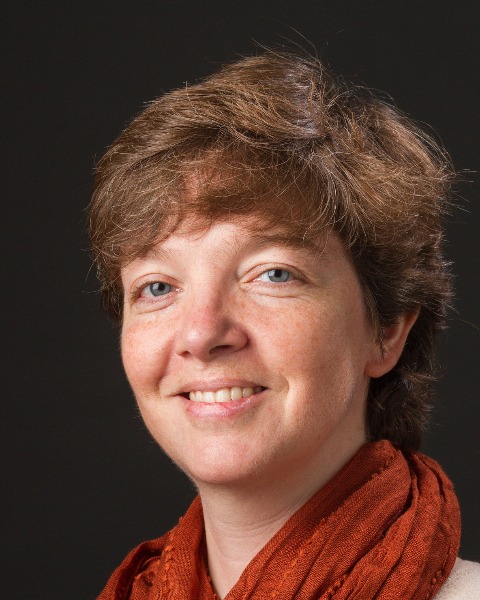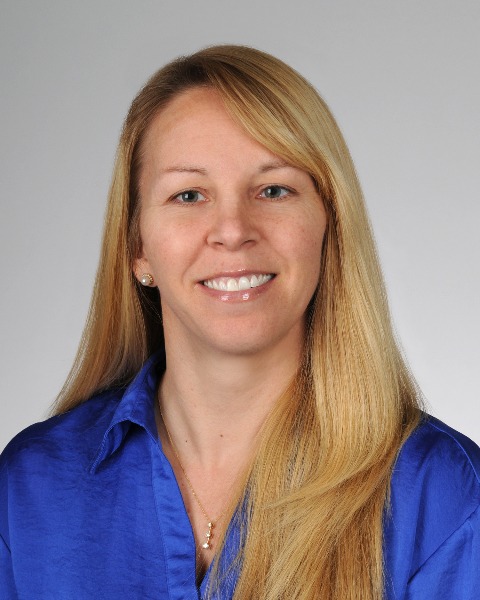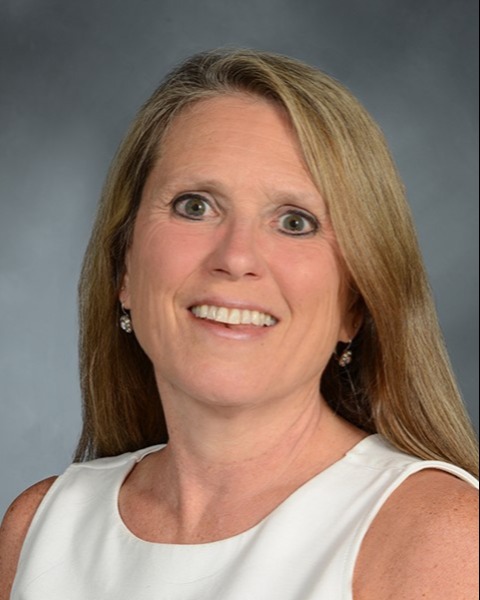Community Pediatrics
General Pediatrics
Health Services Research
Medical Education
Quality Improvement/Patient Safety
"I Never See the Same Patient Twice"- Enhancing Continuity of Care to Improve the Patient and Clinician Experience
-
SF
Susan Feigelman, MD
Professor
Pediatrics
University of Maryland School of Medicine
Owings Mills, Maryland, United States -
MQ
Maheen Quadri, MD, MS (she/her/hers)
Assistant Professor
Pediatrics
Northwestern University The Feinberg School of Medicine
Chicago, Illinois, United States -

Ada Fenick, MD
Associate Professor
Pediatrics
Yale School of Medicine
New Haven, Connecticut, United States -
TD
Teresa Duryea, MD (she/her/hers)
Professor, Academic General Pediatrics
Pediatrics
Baylor College of Medicine - Houston
Bellaire, Texas, United States -

Daniel Nicklas, MD (he/him/his)
Associate Professor
Pediatrics
University of Colorado School of Medicine
Greenwood Village, Colorado, United States -

Catherine Shubkin, MD HEC-C
Associate Professor of Pediatrics
Dartmouth-Hitchcock Medical Center
Lebanon, New Hampshire, United States -

Kristina Gustafson, MD, MSCR, FAAP (she/her/hers)
Associate Professor, Pediatrics
Pediatrics
Medical University of South Carolina
Charleston, South Carolina, United States -

Theresa Hetzler, MD (she/her/hers)
Associate Professor
Pediatrics
Weill Cornell Medicine
New York, New York, United States -
PD
Paul Darden, MD (he/him/his)
Professor of Pediatrics
University of Arkansas for Medical Sciences College of Medicine
Little Rock, Arkansas, United States -

John Olsson, MD
Professor
Pediatrics
University of Virginia
Charlottesville, Virginia, United States
Leader(s)
Co-Leader(s)
Workshop
Description: Continuity of care is associated with improved patient satisfaction and improved health outcomes. In addition, continuity with patients exposes clinicians to the joys of building relationships with families and allows them to experience the growth and development of a child and progression of disease.
However, clinicians and directors of training programs may grapple with defining, improving and measuring continuity. Practices may need guidance regarding how to measure continuity of care.
In this workshop, we will discuss the importance of continuity of care from both the patient’s and the clinician’s perspectives. Participants will identify 2 major barriers to continuity at their own sites and use QI methods to develop an individualized improvement plan with SMART goals. Participants will learn how they can obtain data in their own practice settings. Participants will learn different ways to measure continuity from the perspectives of the patient and the clinician. All will leave with tailored strategies to improve continuity in their practice settings as well as a toolkit of methods to calculate continuity from several perspectives.
Learning Objectives:
- Enumerate barriers to continuity of care in their practice setting that are amenable to change.
- Create an individualized improvement plan utilizing QI methods.
- Calculate continuity of care in order to measure improvement following implementation of the improvement plan.
